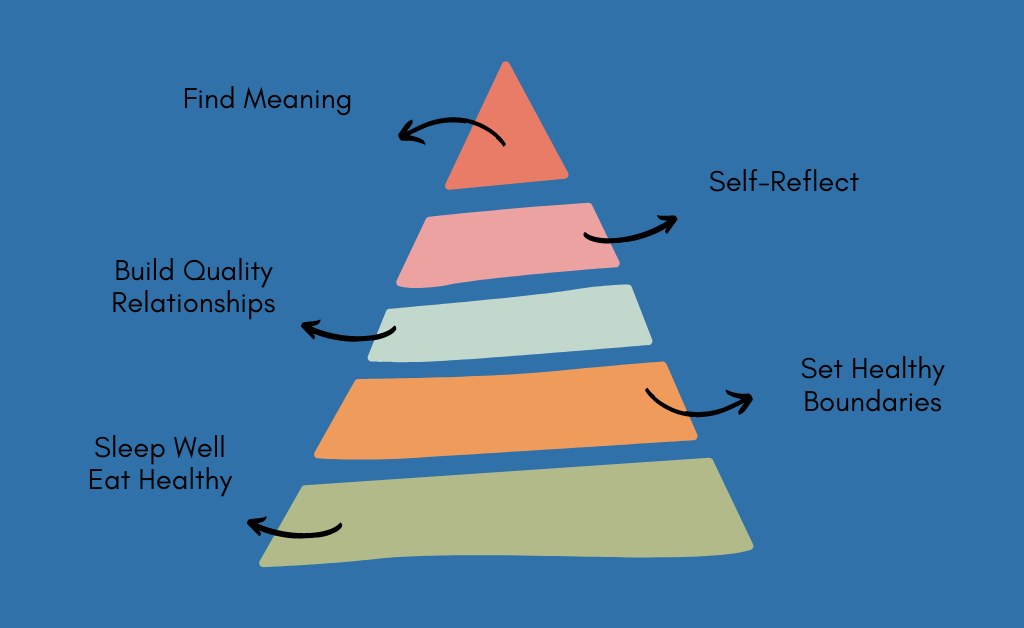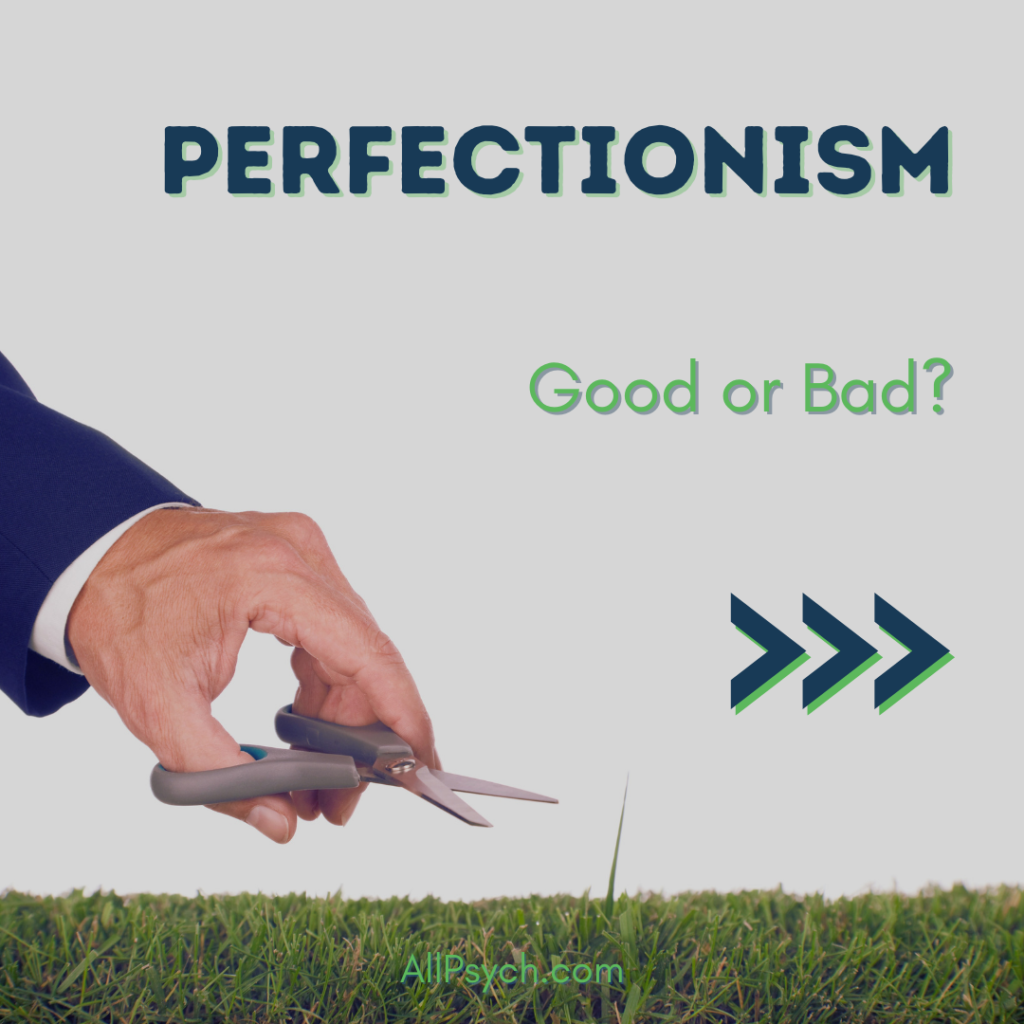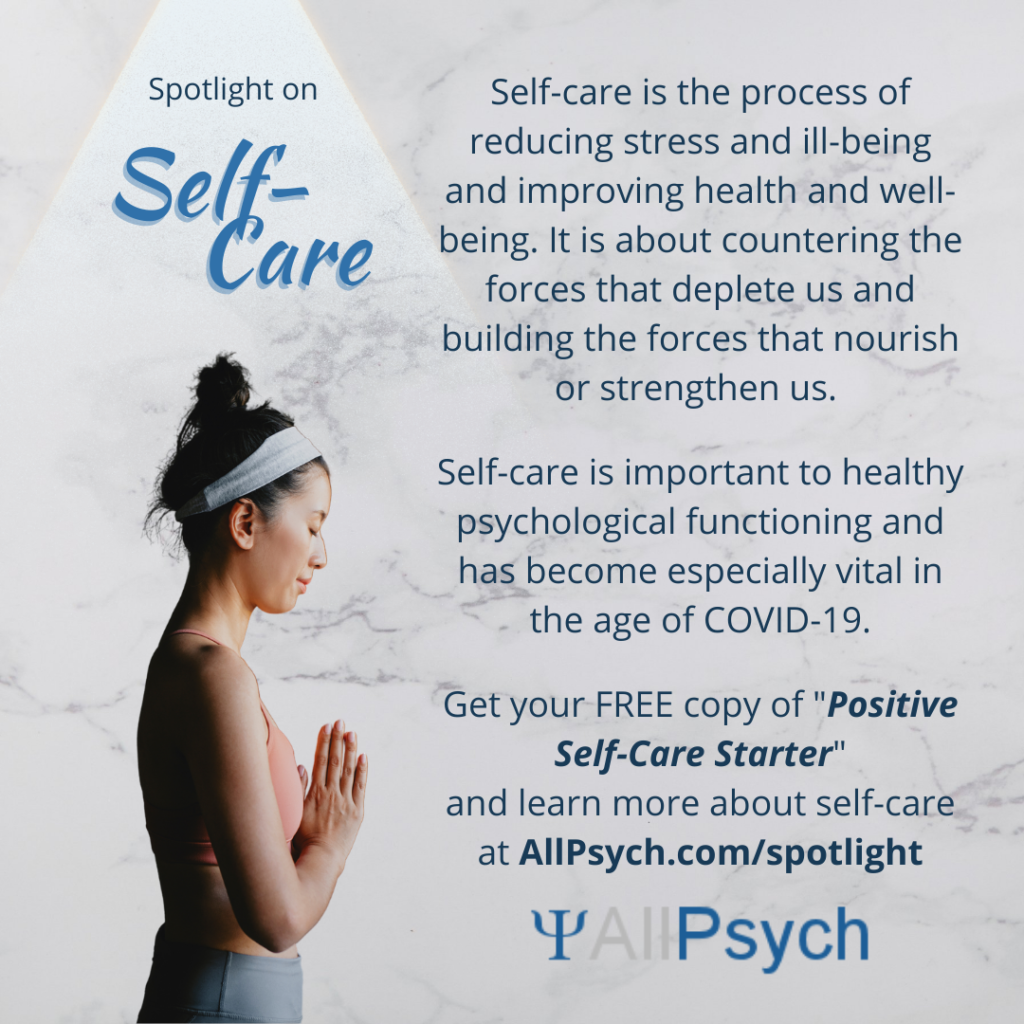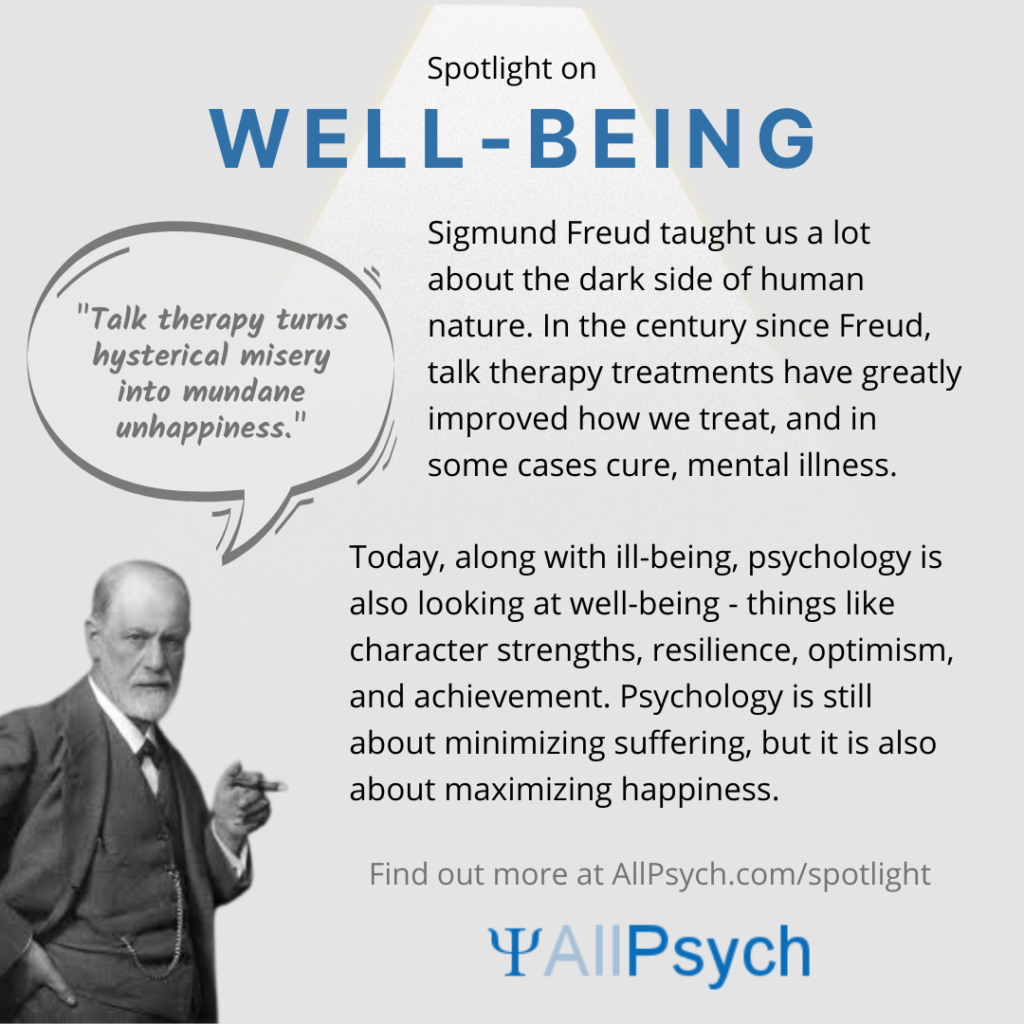Positive Psychology
Modernizing Maslow’s Hierarchy through the Lens of Self-Care
Abraham Maslow (1908-1970) is one of the founders of Humanistic Psychology. Along with Carl Rogers (1902-1987), Maslow stressed the importance of looking at the whole person rather than reducing individuals to a list of symptoms or diagnoses. Both also placed a central focus on the concept of self-actualization, or the belief that humans possess an…
Read MoreWe are More Lonely than Ever. Find out Why and How to Counter It.
We are more connected and more lonely than ever. And this seems to be true across sex, age, race, and income. The COVID-19 pandemic has played a significant role in fostering disconnection among individuals, leading many of us to be less inclined to re-engage socially at the same level as before. Loneliness doesn’t typically travel…
Read MoreFour Resilience Skills To Counter Depression and Unhealthy Stress
Stress Is Good Stress can be bad but it can also be good. And even when it is bad, it can still be good. Let me explain. While we typically think of stress as a negative, there is a type of stress called eustress that is considered positive and healthy. Eustress is the stress we…
Read MorePost-Traumatic Growth: An Introduction
We know that psychological trauma exists and that it can have devastating effects on individuals, families, and communities. Trauma has impacted us since humans existed, and according to the National Center for PTSD at the US Department of Veterans Affairs, it has impacted us in a similar fashion across time. When first introduced in the…
Read MoreSocial Media and Self-Esteem
A recent article published in Science Direct looked at the association between social media use and mental health among adolescents. The impact of social media on mental health is certainly not a new topic. Neil Petersen wrote about envy as a mediator of mental illness among social network users, how social media affects life satisfaction…
Read MoreBeing a Perfectionist Doesn’t Have to be a Negative
Being a perfectionist gets a bad rap. It is associated with negative outcomes, anxiety and stress. This isn’t because perfectionism is bad, but rather the way we approach it is bad. Hurtful Perfectionism Perfectionism is a striving, meaning it is about constant forward movement. This means it is about finding solutions and moving toward the…
Read MoreSpotlight on Self-Care
Self-care is the process of reducing stress and ill-being and improving health and well-being. It is about countering the forces that deplete us and building the forces that nourish or strengthen us. Self-care is important to healthy psychological functioning and has become especially vital in the age of COVID-19. Like all animals, human beings are preprogrammed…
Read MoreSpotlight on Grit
Albert Einstein once said, “It’s not that I’m so smart, it’s just that I stay with problems longer.” This quote exemplifies the concept of grit. Angela Duckworth, PhD About five years ago, Dr. Angela Duckworth published her book, Grit, which focused on the power of both passion and perseverance in one’s success in life.…
Read MoreSpotlight on Well-Being: We’ve Come a Long Way since Freud
Sigmund Freud Just as the world was preparing to enter the 20th century, Sigmund Freud was preparing to shock everyone with talk of unconscious drives focused on sex and aggression. He published Interpretation of Dreams in 1899 and started the professional psychology movement. 100+ years later psychology as a discipline has shed light into the…
Read MoreLearning to be Optimistic
As a human species, do you think we are more naturally pessimistic or more naturally optimistic? Interestingly, Seligman and others in the field of positive psychology argue that we are naturally more pessimistic. From a biological perspective, as animals, we are preprogrammed to seek out potential danger as a means of survival. Even Freud talked…
Read More








